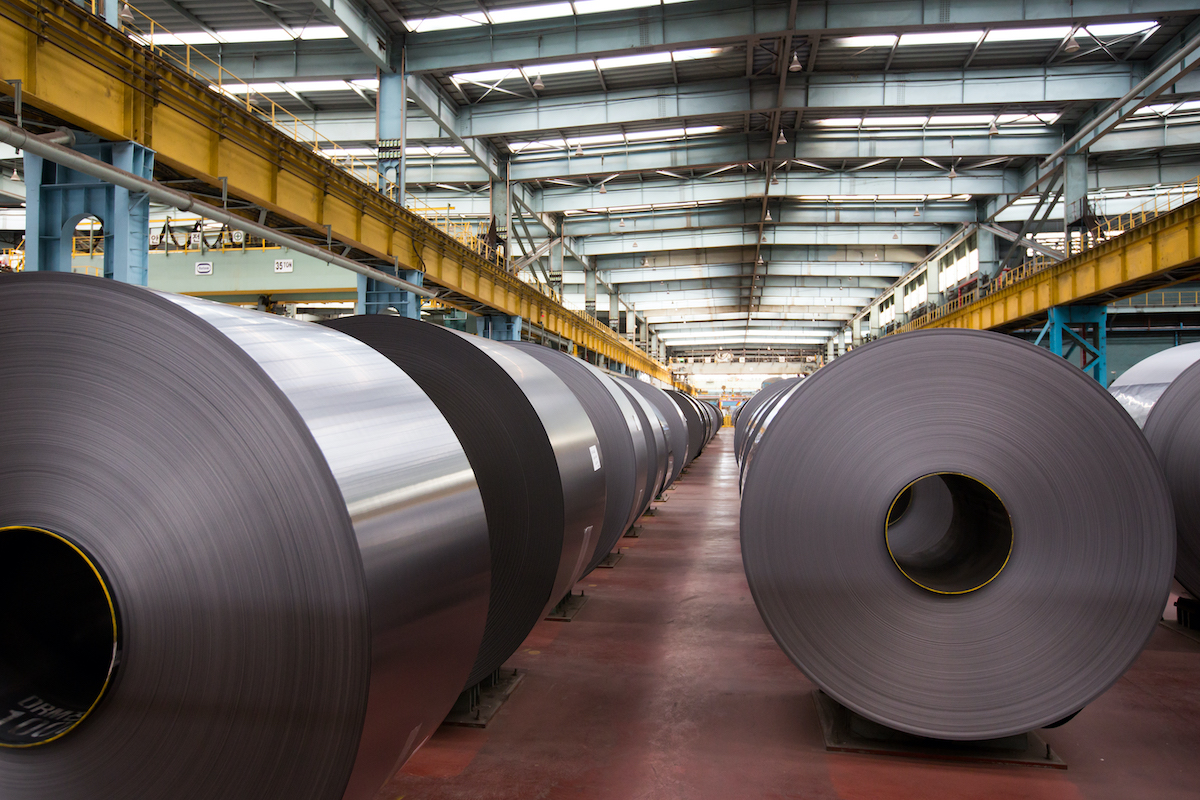Tension caused by diverting views on coil prices between mills and buyers is persisting in the northwest European coil market. It is spawning some unusual north-south relationships and creating the idea of making slab an item of trade within the EU.
Mills are standing firm on clinging onto the threshold of €700/tonne ($696) for hot rolled coil offers, because it approximately defines the limit of breaking even on high production costs. “It is like on the stock market where brokers try to keep up a certain figure x,” the manager of a processor company finds.
And, “as soon as one gives in, the others will need to follow,” a service centre chief executive says, describing the atmosphere of tension. Speaking to Kallanish at the Euroblech trade fair in Hanover last week, he offered a theory for the particularly low-priced deals between Italian customers and northwest EU mills. The prevailing record-high energy prices might be particularly harmful to the cost structure of the typical Italian re-roller, meaning customers there get more competitive coil offers from north of the Alps.
Meanwhile, from the northern perspective, “mills can sell HRC to Italy for €700/t delivered, thus staying true to their nominal limit”, the manager says. This would net back to an ex-works price of some €650/t. That figure, however, is at best unofficial for domestic northern customers. Such offers are then labelled as “excess material” which does not differ from standard prime material. “It shows that mills are trying to use stories to justify the offer,” one observer quips.
Officially, one northern mill concedes €680/t, but will not admit values could go lower. “Below that, it would make more sense if we sold slab, rather than rolling it,” a mill source says. This could create an alternative market, now that slab imports from the traditionally preferred and competitive Russian/Ukrainian sources have become restricted.
Christian Koehl Germany






